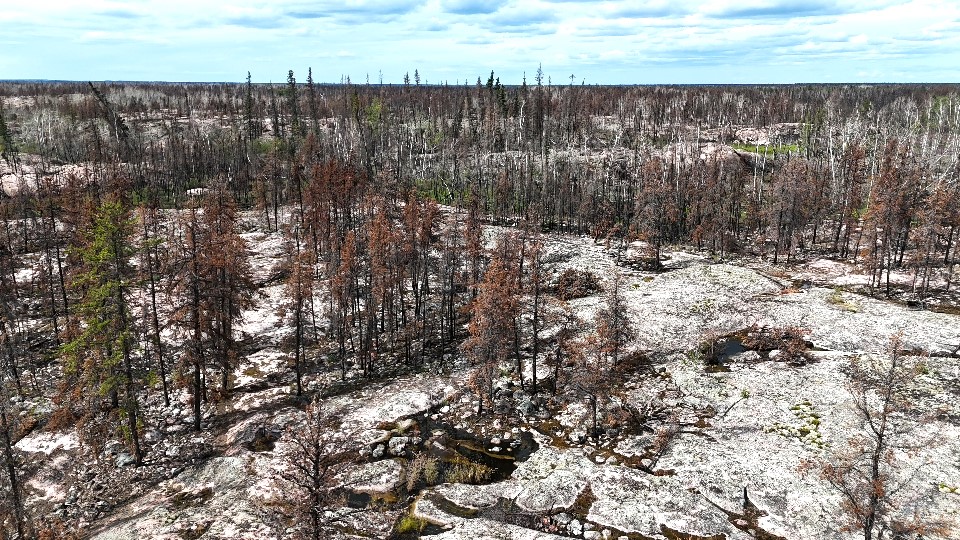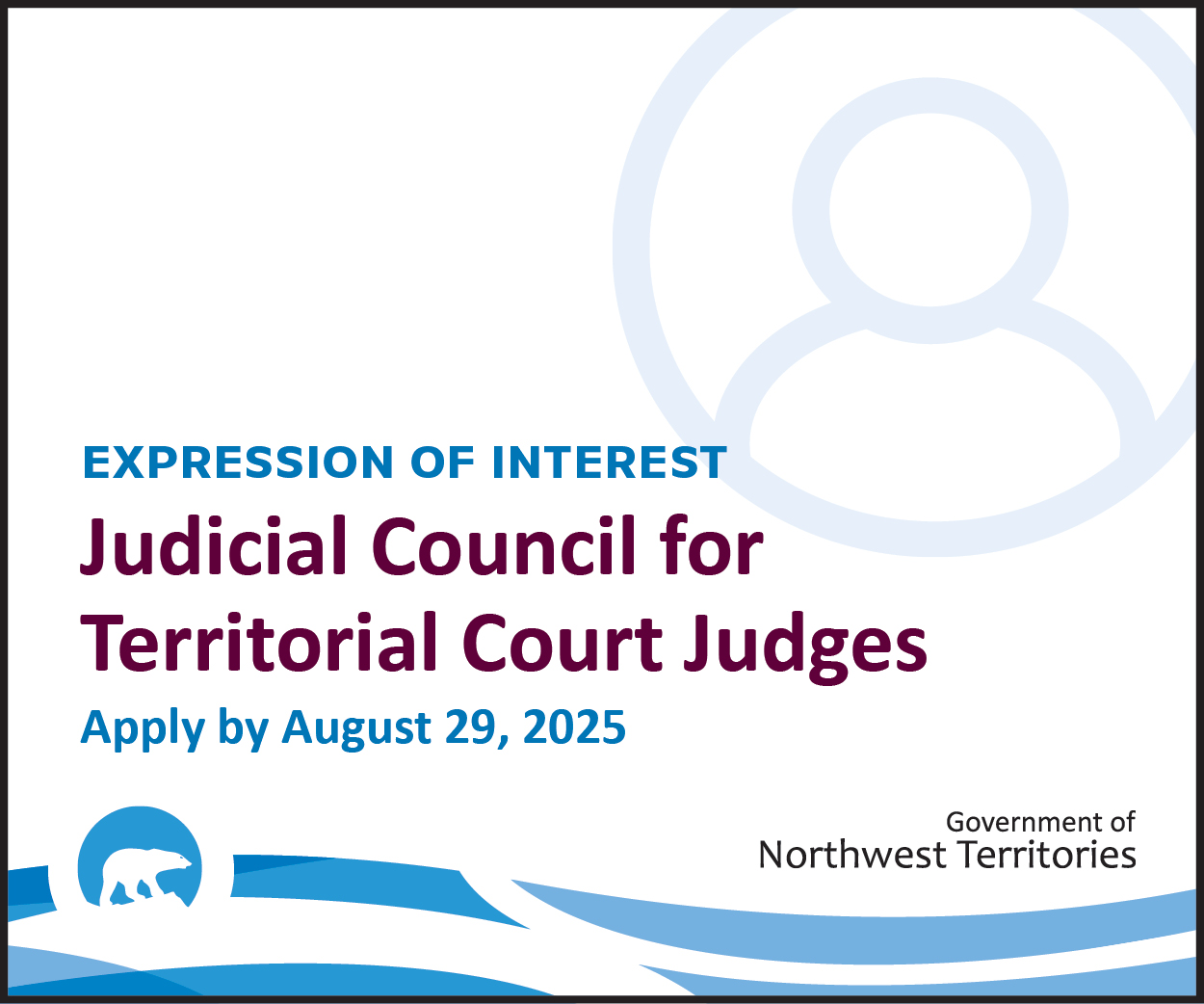The NWT government says residents want “more decisive and immediate climate action” as the territory faces an increasing number of extreme weather events.
The territory recently released a “what we heard” report summarizing feedback on its draft 2025-29 climate change action plan.
Responses were received from 190 students, 44 residents, six non-governmental organizations, two Indigenous governments, one community government, 119 participants at an in-person event and 35 participants at a roundtable event, the report states.
The territory said while many comments focused on specific actions in the plan, themes that emerged from the feedback included a need for greater urgency, accountability, clarity and coordination to tackle climate change.
“Northerners want climate action that delivers real results for the communities,” Jay Macdonald, the NWT’s minister of environment and climate change, stated.
As a result, the territory said in a Wednesday press release, it is moving toward a more integrated approach, combining its climate change strategic framework and energy strategy into a single plan.
NWT officials said that plan will link climate action to infrastructure, cost of living and other priorities.
“Strong, climate-resilient infrastructure is essential for the well-being of the communities,” stated Caroline Wawzonek, minister responsible for strategic infrastructure, energy and supply chains.
“By integrating our climate change and energy strategies, we are building a net-zero energy future that is affordable, reliable and resilient, and led by northerners, for northerners.”
What did respondents say?
The what we heard report indicates that most respondents “voiced deep concern over the urgency of the climate crisis” in the territory.
“Participants said the time for incrementalism is over and that the GNWT must treat climate action with the same urgency as other emergency and public safety priorities,” the report states.
Many respondents highlighted the impacts climate change is already having on the NWT, including floods, wildfires, permafrost thaw, food insecurity and threats to culture.
They called for clearer, stronger and more coordinated climate action with support for local innovation, monitoring and leadership, the report states.
Despite this, the report notes that about 20 percent of the 36 people who responded to a survey expressed skepticism about climate change or opposition to climate action.
The report states that while many respondents supported the draft action plan’s overall direction, they expressed the need for improvements.
Some of the gaps they identified included the need for clearer roles, responsibilities and implementation timelines, as well as a lack of clear alignment with other territorial policies and strategies.
More youth representation and engagement pathways are needed, respondents added, as is northern, culturally relevant climate education and communication.
Other issues highlighted included:
a lack of reliable and accessible climate data;
the need for stable funding and institutional support for community monitoring programs;
the need to better incorporate Indigenous knowledge and recognize traditional livelihoods;
underdeveloped actions on food security and health;
a lack of technical training opportunities; and
the need for a streamlined approach and clear ways for partners to contribute.
“These recurring comments point to an overarching need for better coordination, stronger integration of community voices and more practical, measurable steps to strengthen climate resilience in the NWT,” the report states.
The NWT government said the feedback will help inform its approach to planning, implementing and reporting on actions it takes to address climate change.
Related Articles








